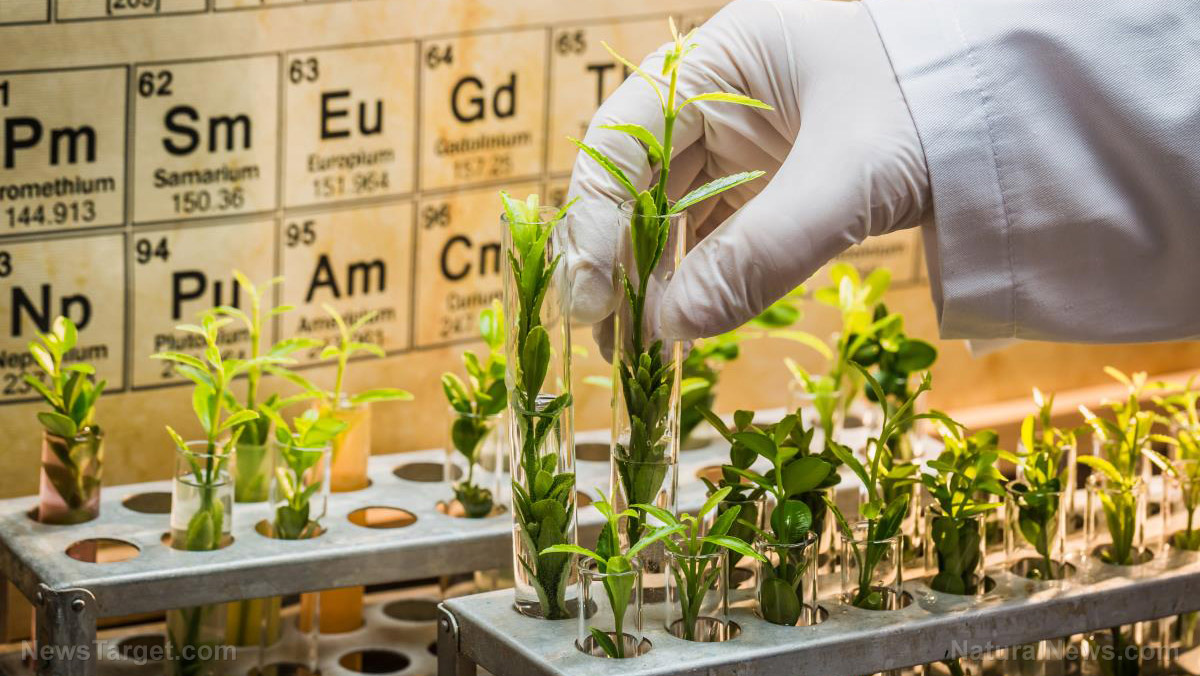
- Andrew Mtewa's "Phytochemistry, the Military and Health: Phytotoxins and Natural Defenses" explores how plant-derived compounds serve as both lifesaving resources and potential threats. These phytochemicals, found in plants like black cumin and Physostigma venenosum, have been used for healing (e.g. antiseptics) and harming (e.g. toxins), with significant implications for medicine, warfare and environmental security.
- In conflict zones and disaster areas, where conventional medicine is scarce, plants offer accessible alternatives for treating infections, malnutrition and injuries. For example, berry juices provide antioxidants for cognitive health and yarrow extracts aid wound healing.
- Historical examples, such as using sphagnum moss as an antiseptic in World War I, highlight the adaptability of phytochemicals. Modern research explores their potential to counteract chemical weapons like sarin while also acknowledging the ethical dilemmas of using plant toxins in biowarfare.
- The book warns that the overexploitation of plants like castor beans, valued for both their toxins (ricin) and medicinal properties (castor oil), poses risks to biodiversity and Indigenous knowledge systems. This overexploitation can disrupt food chains and lead to the loss of valuable plant species.
- Mtewa advocates for integrating phytochemical literacy into military training and civilian education, emphasizing the importance of ethical and sustainable frameworks. Biotechnology and international agreements are proposed as solutions to reduce overharvesting and prevent toxic misuse while still fostering medical innovation.
In war zones and disaster areas, where conventional medicine and supplies are scarce, nature's chemical arsenal has repeatedly proven indispensable. Andrew Mtewa's "Phytochemistry, the Military and Health: Phytotoxins and Natural Defenses" delves into the dual-edged role of plant-derived compounds – from lifesaving antiseptics to covert toxins – and their profound implications for warfare, medicine and environmental security.
Mtewa, a researcher bridging botany and conflict studies, meticulously outlines how phytochemicals – organic compounds from plants like black cumin and Physostigma venenosum – have been harnessed for both healing and harm. Drawing on historical precedents and modern applications, the book reveals how militaries and civilians alike depend on these substances in crises, even as their misuse or overharvesting threatens ecosystems and global health.
When infrastructure collapses during conflicts, infections, malnutrition and injuries surge. Traditional pharmaceuticals often run out, but plants offer accessible alternatives.
"From emergency pain relief to antimalarials, nature's pharmacy is vast and often underutilized," Mtewa writes.
Berry juices, for instance, contain antioxidants that mitigate cognitive decline in high-stress combat environments, while extracts from plants like yarrow accelerate wound healing.
Historical records underscore this adaptability. During World War I, medics turned to sphagnum moss – a natural antiseptic – for dressing wounds when cotton supplies dwindled. Today, research into phytochemicals like physostigmine (from calabar beans) explores their potential to counteract nerve agents like sarin, infamous for its use in Syria's 2013 attacks.
Yet, plants' toxicity has also been weaponized. Mtewa documents how ancient warriors employed plant-based poisons, from hemlock-laced arrows to contaminated water supplies.
"The line between medicine and weaponry is often a matter of dosage and intent," he notes. Even now, militaries study phytotoxins as templates for synthetic agents, raising ethical dilemmas about biowarfare and conservation.
One poignant example is ricin, derived from castor beans. While its potential as a bioweapon led to strict controls, the same plant produces castor oil – a medicinal staple. The book warns that overexploitation of such species for military or commercial use risks biodiversity loss, with cascading effects on food chains and Indigenous knowledge systems.
Beyond battlefields, Mtewa emphasizes phytochemistry's role in rehabilitating war-torn landscapes. The U.S. Army's Land Condition Trend Analysis program, for example, monitors ecosystems damaged by military training, where rare plants sometimes thrive in disturbed soils. However, restoring these areas requires balancing ecological health with strategic needs – a challenge mirrored in debates over bioprospecting in conflict zones.
The book advocates integrating phytochemical literacy into military training.
"Soldiers versed in foraging safe edibles or identifying medicinal plants gain a survival edge," Mtewa argues. Such knowledge could mean the difference between starvation and sustenance for civilians in crises.
Mtewa's work is a clarion call: harnessing phytochemistry's benefits demands ethical and sustainable frameworks. Biotechnology, such as lab-grown plant compounds, could reduce overharvesting, while international agreements must curb toxic misuse without stifling medical innovation.
As climate change and global conflicts intensify, "Phytochemistry, the Military and Health" positions plant science as a cornerstone of resilience.
"Nature's remedies and threats are two sides of the same leaf," Mtewa concludes. "Understanding both is our best defense."
Learn more about "Phytochemistry, the Military and Health" by watching the video below.
This video is from the BrightLearn channel on Brighteon.com.
Sources include:
Please contact us for more information.












